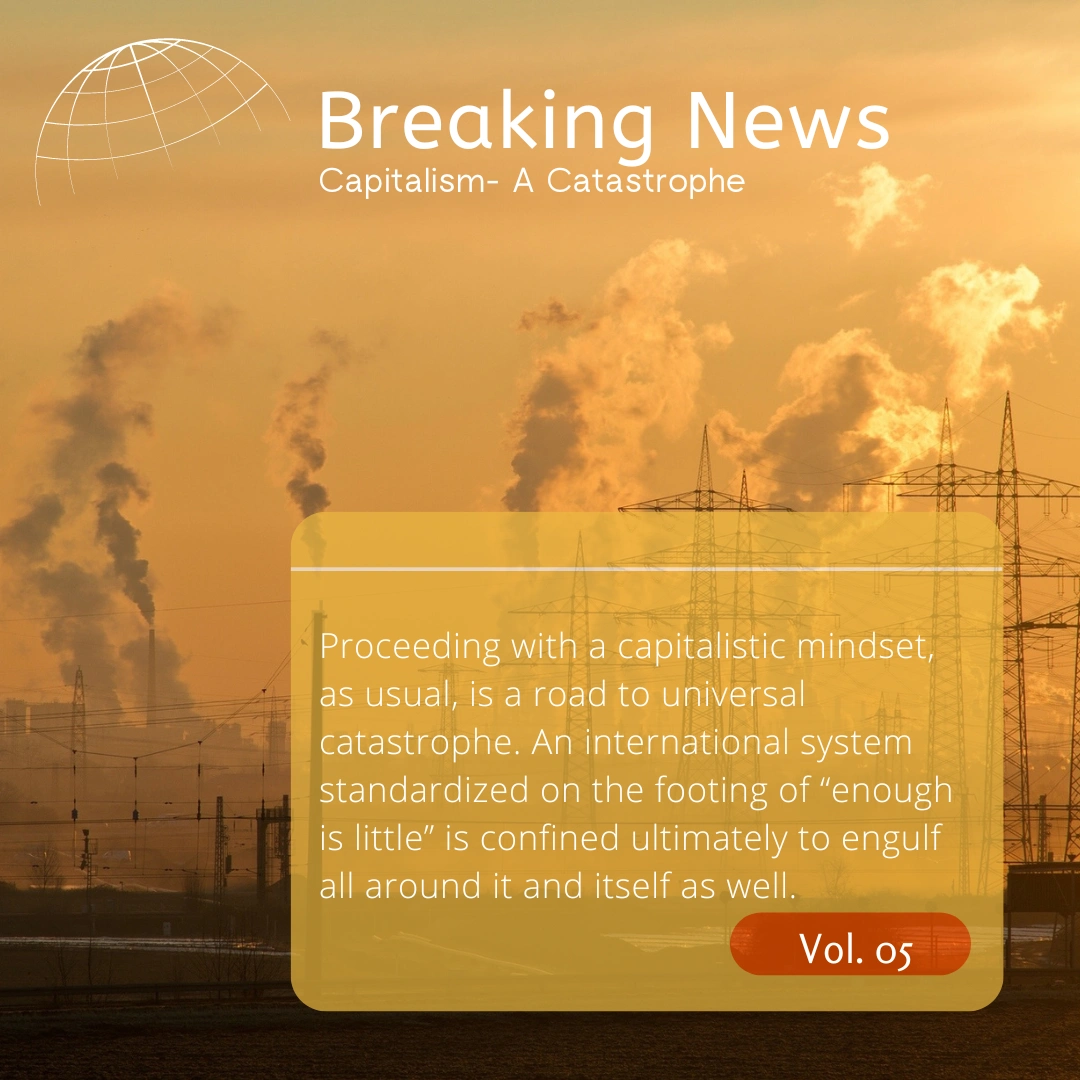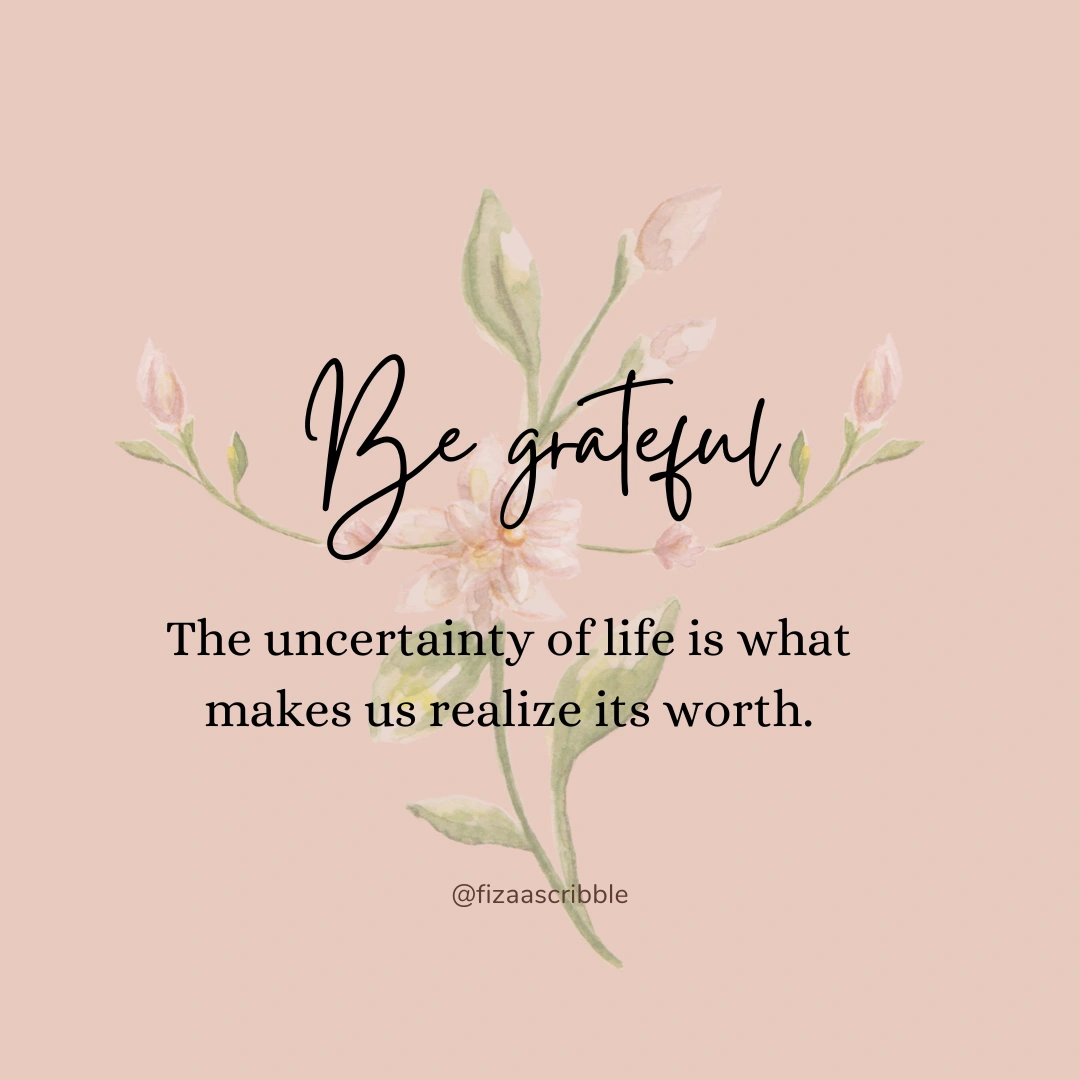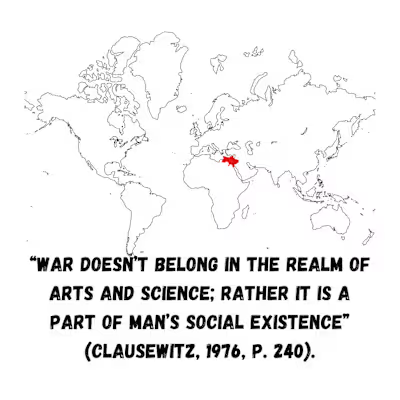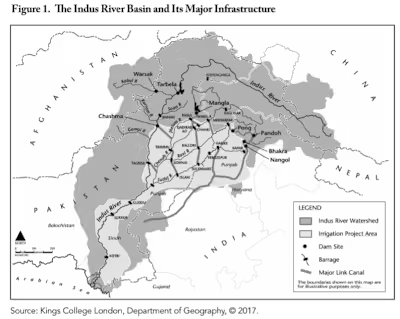Gender Expectations
Culture plays a crucial role in determining gender roles and expectations. It is presumed that a woman is inferior to a man because that’s how women are treated in our culture. But, what is the point of culture? Individuals make culture but culture doesn’t make individuals. If a certain thing is repeated again and again, it becomes a part of our culture. Culture functions to assure the conservation and continuity of individuals eventually.
We direct all our energies in teaching women to think what men think of them. We spend too much time directing girls that they cannot be aggressive, harsh, or angry (I know it’s quite wrong) but on the other hand, we praise boys for these “bad traits”. A considerable injustice to boys is how they are raised. We suppress their humanity by confining them in the ” cage of masculinity”. We inculcate in them that they cannot have fears, weaknesses or susceptibilities. We told them to hide their true identity to become a “tough guy”. One of the worst things that we do to boys is to make them feel that they had to be tough and in doing so we leave them with their ” fragile egos”.

And then, we do a bigger disservice to girls as we teach them to tackle the fragile egos of men. We teach them to recede themselves. We preach to girls that ‘of course, you can study, work, and have ambitions, but not too much. You can attain success, but not too much— otherwise, you can imperil the man. If you’re earning more than your male partner, fake that you’re not, specifically in front of people, otherwise you’ll spay him. But how a woman’s success is a threat to a man? The irony is that being a woman, I must aspire to marriage. In my life, my choices must be made by keeping in mind that “marriage is the most important thing in my life”.
Our culture and society teach an unmarried woman at a particular age to see herself as a failure. On the contrary, a man who is unmarried at a certain age hasn’t come around to finding his soul mate. Even the relationship between a man and a woman is demonstrated in language. The language of marriage is not a language of cooperation, but most of the time it is a language of possession. “Respect” in marriage is something a woman offers to a man, not something mutual. No doubt, marriage is a great thing, a source of love, happiness and mutual support. But why on earth, a girl must aspire to marriage no matter what she desires, yet we don’t raise boys with the same thinking?
Women are told that to live in a relationship compromise is what you are most likely to do. We are all social beings as Aristotle puts it “social animals”. We learn from our social surroundings. We internalize notions and ideas from our socialization. Our society brought up girls to compete with each other, not for the careers or achievements but for the spotlight of men. We taught girls that they cannot be sexual beings like boys are. We never mind about the girlfriends of our sons, brothers or any other men in our family. But for the women of our family, Astagfirullah [God Forbid].
Our notions of gender gave not advanced very much. The primary concern is that we specify how one must behave on the basis of gender, rather than our true selves. All the time, we carry the weight of gender expectations. Just for a moment consider, what if in raising children, instead of concentrating on gender expectations, we must direct toward their energies and potential? How happy and free, one can be once exempted from the burden of gender prescribed roles and expectations?
This blog is inspired by the work of Chimamanda Ngozi Adichie, ” We Should All Be Feminist”. You can get the book from https://www.amazon.com/We-Should-All-Be-Feminists/dp/110191176X

Capitalism breeds inequalities, as well as capitalist policies, which induce a negative environmental impact. Capitalism’s need for continual growth has caused a recess in the natural cycle of the environment. The capitalist system is unable to handle the accelerating perils of life and the environment on earth. The case study reviewed the ecological crisis of the earth, how the capitalistic mindset I.e., “business as usual” is damaging the environment, how capitalism contradicts the environment, characteristics of capitalism in conflict with social justice, proposals for the ecological reformation, what can be done now, and lastly the vitality of an alternate economic system (Magdoff & Foster, 2010).
Proceeding with a capitalistic mindset, as usual, is a road to universal catastrophe. An international system standardized on the footing of “enough is little” is confined ultimately to engulf all around it and itself as well.
It is intended to cover a preliminary introduction, a well-defined thesis statement, vested interests of the stakeholders and their outcome, the type of injustice, how this case connects to the larger system of oppression, and finally the conclusion of this case study.
Stakeholders
Capitalists, wealthy people, big corporations, and businesses are the main stakeholders who have vested interests in the capitalist system. The capitalist system doesn’t value those who possess skills or expertise rather it benefits those with capital and helps to generate more capital (CFI, 2021). The primary interest of every stakeholder involved in capitalistic practices is to generate more capital. They prioritize their profit rather than the social welfare of the community, and the environment.
A capitalist regulates the labor to exploit natural resources and formulate products, to be sold in the market. The output or income from the sales of the product compensates for the costs of the production, for the self-profit or the profit of the corporation, and for the expansion of the product (Turner, 2021). Capitalists believe that they deserve their wealth and possession because of their hard work or possibly good luck. They downplay their employees and exploit resources.
The ruling elite intends to generate capital and profit at any cost and its deficiency of interest in the environment is strengthened by the competitive nature of our environment. The capitalist elite attains an enormous amount of savings by dealing with environmental destruction as an “externality” that can be passed down to the community. According to IMF, the worldwide subsidies to fossil fuel corporations are equivalent to US $ 5.2 trillion per annum, which makes up almost 6.4% of the world’s Gross Domestic Product (GDP). It comprises the impact of climate change as well as the expenses of health care linked with air pollution and so on (Plested, 2020).
Type(s) of Injustice
Distributive injustice is involved in this case. According to Kaufman (2012), “distributive justice is associated with the acceptable dispersion of the pressures and benefits of social alliance among different people with striving desires and claims”. Similarly, distributive injustice “refers to one’s anticipated inequity in his or her outcomes”. Distributive injustice focuses on the perceptions of equity.
Larger Systems of Oppression
Since the beginning of human life on earth, we humans had a significant impact on our surrounding environment. The environmental issues of salinization of irrigated soil, deforestation, and soil erosion are as old as humans, as evident in the writings of Plato. However, presently we are much more in number and we possess advanced technology that can provoke greater damage within a blink of an eye and our economic system is based on exploitation. The damage caused to the environment not only impacts local or regional surroundings but also harms the planetary system.
We are all infected by a range of chemicals, that are not a part of our normal bodily composition. All around the world, species are vanishing at an accelerating rate as their habitats are being destroyed. It is estimated that over 17000 animals and plants are at the edge of extinction. The ecology of the planet earth and its natural life cycle is under the severe and harsh attack of human civilization. All of this is part of a larger system of capitalistic oppression.
A larger proportion of the problems that we encounter today are the direct or indirect result of the current economic system, I.e., capitalism. Population growth, which is one of the major environmental issues of present times is the consequence of the socioeconomic organization of society. Ecological destruction is based on inner nature and the reason for our current mode of production that makes it impossible to solve. It is a system that continually produces unemployment. It is a crude tool in terms of delivering employment opportunities. The capitalist system is based on the scouring of the world for opportunities and resources wherever located.
Under the umbrella of capitalism, people are in the liturgy of economic benefits and are seen as consumers to keep the economy operating. The accumulation of wealth in the hands of a few is no doubt a fruit of capitalistic practices. This accumulation of wealth in the hands of a few caused unending hunger, health issues, lack of water, malnutrition, and whatnot (Magdoff & Foster, 2010).
Conclusion
This case provides a practical foundation that the present ecological crisis cannot be solved by the practices of the capitalist system. The capitalist system is the primary cause of the prevailing ecological crisis. The capitalist system is surely inappropriate as it causes a never-ending accumulation of wealth in the hands of a few, its extensive destruction of the environment, and the agriculture and food system that disturbs the natural food cycle. This form of distributive injustice gives rise to a larger system of oppression.
A Russian Marxist, Nikolai Bukharin (1917) states that “No system including that of human society, can exist in space; it is surrounded by an environment, on which all its conditions ultimately depend. If human society is not meant for this world; all its culture will inevitably pass away; society itself will be reduced to dust.”
We, humans, possess all the scientific, technical, and philosophical knowledge that is essential to formulate a just, sustainable, and democratic social order. There is a need to formulate society disentangled from the competitive race for short-term gains, in which we decide and act based on the long-term needs of humanity and our environment, upon which our existence depends.
References
Corporate Finance Institute. (2021, February 9). Capitalism. https://corporatefinanceinstitute.com/resources/knowledge/economics/capitalism/
Magdoff, F., & Foster, J. (2010, August 27). What Every Environmentalist Needs to Know About Capitalism. Monthly Review. https://monthlyreview.org/2010/03/01/what-every-environmentalist-needs-to-know-about-capitalism/
Plested, J. (2020, February 19). Capitalist roots of the environmental crisis. Climate & Capitalism. https://climateandcapitalism.com/2020/02/18/capitalist-roots-environment-crisis/
Turner, D. (2021, January 19). Capitalism and the Global Environment. Taming the Technosphere. https://blogs.oregonstate.edu/technosphere/2021/01/15/capitalism-and-the-global-environment/

Death is inevitable. No one can escape or avert it. You, me, and our loved ones all have to encounter it. But, the loss of someone close to you is hard, and losing someone whom you love is even harder. We become engulfed by the momentary circumstances of our lives, whether good or bad. We experience each situation at its full intensity— as if it was ultimate or would never end. The way we feel at a particular moment transformed the whole world and everything around us. If a certain moment makes me happy, the past, present, future, and the entire universe would be good for me. As if perfection could exist in this life. The same is the case, whenever we’re consumed with negative emotions. The whole world, past, present, and future would become bad for us. We could see nothing out of our zones. Nothing else matters at that time. If someone wronged us today it’s because they no longer cared for us— not because life, you, and I are all imperfect.
This year was initiated with a wave of unexpected deaths of my loved ones that devasted me to the core. Throughout this, I asked myself multiple times: Is there any way we would be informed about the demise of our loved one, earlier? Can we stop their death? If we cannot stop it, can we please just avert it? So that, we can tell them how much they matter to us. Tell them how important they’re for us, for our lives, and how much we inspire them. Why just we can’t delay their leaving us alone? I’ve so much to share with them, can’t they just stay? The answer to all these questions (that may sound stupid to some) is No, a big NO!
There is no way we can inform you about the demise of others, earlier. There is no way we can postpone it. There is no way we can stop them from leaving. There is no way we can stop this from happening. Isn’t it discriminatory then? Isn’t life unfair to us? Isn’t God doing wrong to us? No, it’s completely fair and reasonable. In this life nothing is permanent. Nothing lasts former and probably that’s what makes it breathtakingly beautiful. No one can predict what’s going to happen. The uncertainty of life is what makes us realize its worth. This life is a place of fleeting moments and temporary attachments. It’s a place where people are with you today and the very next moment they won’t be there. I know it is hard to believe it, but this reality of life hurts our souls, as it is something against basic human nature. We, as humans, are made to seek, love, and strive for what is perfect and what is permanent. We are made to seek what is eternal.
So, what can we do in such circumstances? The answer is straightforward. Live your life to the fullest. Do not wait for the death of a loved one to express how you feel about them. Don’t wait for them to leave you and this world to tell others how precious they’re. How much worth they’ve in your life and how impactful they’ve been for your life. Tell all these things to them when they’re alive, and not to their dead bodies or other associated people. Value people (even things) when they’re in your possession. Value them before their demise. Offer them all the affection and backing they need. Appreciate them for who they’re and how worthy they’re for us.
We must not let sadness engulf us and believe in God’s doing. Sometimes God takes to give. But, it is crucial to understand that His giving is not always in form of what we expect. He knows best. Allah mentioned; “But it is possible that you dislike a thing which is good for you, and that you love a thing which is bad for you. But Allah knows, and you know not.” (Quran, 2:216)
Lastly, the answer to the question that kept echoing in mind “Why do people we love have to leave us?” is simply that this existence isn’t flawless; for if it was, what would the subsequent be named?
Like this project
Posted May 31, 2023
Culture plays a crucial role in determining gender roles and expectations. It is presumed that a woman is inferior to a man because that's how women are treate…
Likes
0
Views
31







